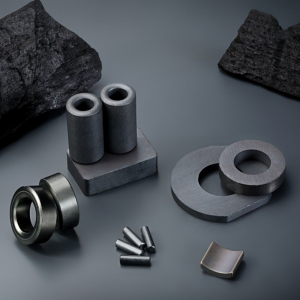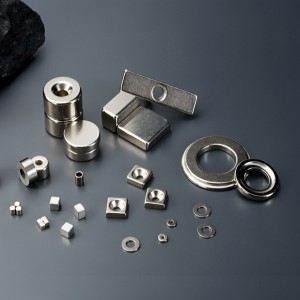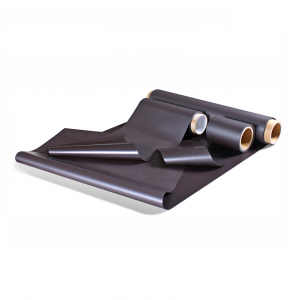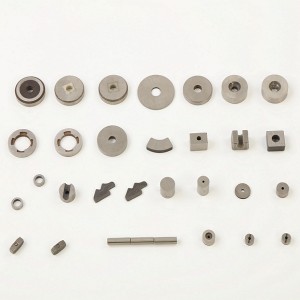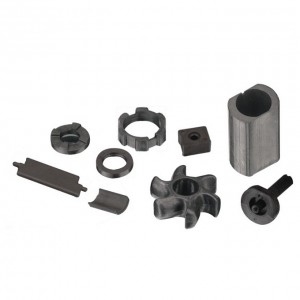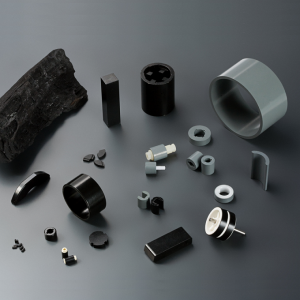Samarium Cobalt Magnets
Physical Properties
|
Density |
Curie Temperature |
Vickers Hardness |
Compress Strength |
Electrical Resistivity |
Bend Strength |
Tensile Strength |
Thermal Expansion Coefficient |
|
|
g/cm3 |
K |
MPa |
MPa |
Ω·cm |
MPa |
MPa |
10-6/℃ |
|
|
SmCo (1:5) |
8.1-8.3 |
1000 |
450-500 |
1000 |
5-6x10-5 |
150-180 |
400 |
//6 ⊥12 |
|
SmCo (2:17) |
8.3-8.5 |
1100 |
550-600 |
800 |
8-9x10-5 |
130-150 |
350 |
//8 ⊥11 |
Magnetic Properties
|
Material |
Grade |
Br |
Hcb |
Hcj |
(BH)max |
Tc |
Tw |
||||
|
kGs |
mT |
kA/m |
kOe |
kA/m |
kOe |
KJ/m3 |
MGOe |
°C |
°C |
||
|
SmCo (1:5) |
SM-18 |
8.5 |
850 |
620 |
7.8 |
≥1350 |
≥17 |
145~150 |
17~19 |
750 |
250 |
|
SM-20 |
9.0~9.6 |
900~960 |
653~717 |
8.2~9.0 |
1194~1513 |
15~19 |
150~175 |
19~22 |
750 |
250 |
|
|
SM-22 |
9.3~10.0 |
930~1000 |
660~772 |
8.3~9.7 |
1194~1751 |
15~22 |
159~191 |
20~24 |
750 |
250 |
|
|
SM-24 |
9.6~10.4 |
960~1040 |
660~780 |
8.3~9.8 |
1194~1751 |
15~22 |
175~207 |
22~26 |
750 |
250 |
|
|
SmCo (2:17) |
SMG-24 |
9.5~10.2 |
950~1020 |
637~732 |
8.0~9.2 |
1433~1990 |
18~25 |
175~190 |
22~24 |
800 |
300 |
|
SMG-26 |
10.2~10.5 |
1020~1050 |
748~796 |
9.4~10.0 |
1433~1990 |
18~25 |
195~215 |
24~26 |
800 |
300 |
|
|
SMG-28 |
10.5~10.8 |
1050~1080 |
756~796 |
9.5~10.0 |
1433~1831 |
18~23 |
205~220 |
26~28 |
800 |
300 |
|
|
SMG-30 |
10.7~11.2 |
1070~1120 |
677~820 |
8.5~10.3 |
≥1194 |
≥15 |
223~247 |
28~31 |
800 |
300 |
|
|
SMG-32 |
10.9~11.5 |
1090~1150 |
677~820 |
8.5~10.3 |
≥955 |
≥12 |
238~262 |
29~32 |
800 |
300 |
|
Temperature Characteristics
SmCo magnets can operate at temperatures up to 350°C, depending upon the grade and permeance coefficient. Sm2Co17 materials exhibit superior temperature characteristics as compared to the Sm1Co5 types. SmCo magnets have extremely resistant to demagnetization, and good temperature stability (maximum use temperatures between 250 °C and 550 °C).
Surface Treatment
The corrosion resistance of SmCo is considered good while that of NdFeB is considered poor. Coatings for corrosion resistance are therefore not generally required for SmCo magnets. We also can offer coatings such as Ni, Zn, or Epoxy if they are used in corrosive environment.
Application
The versatility of SmCo permanent magnets finds application across a diverse range of industries where magnetic stability and performance are paramount. Notably, it is a cornerstone material in critical sectors such as aerospace, defense, telecommunications, medical instrumentation, and electric motors, where demanding operating conditions necessitate the exceptional magnetic properties and reliability that SmCo magnets provide.
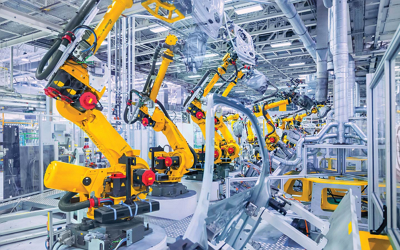



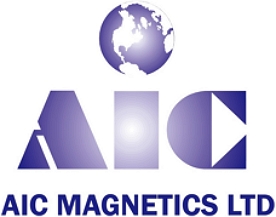
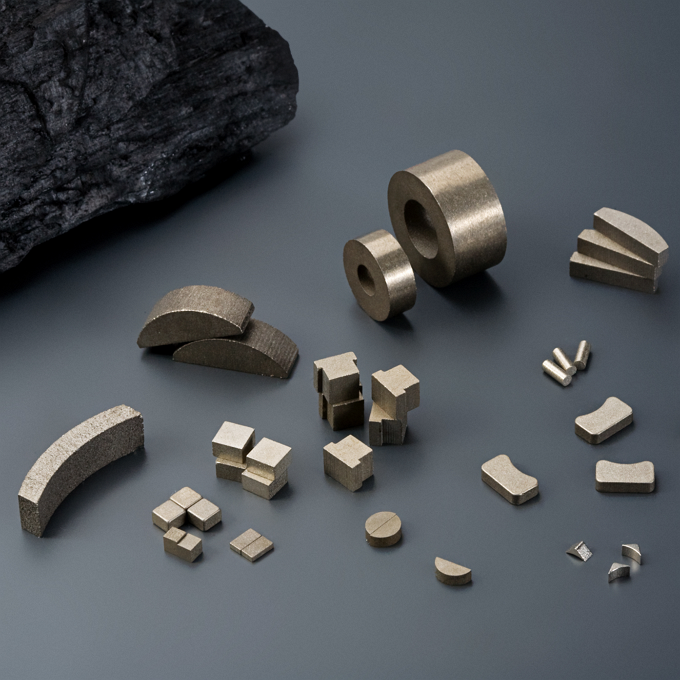
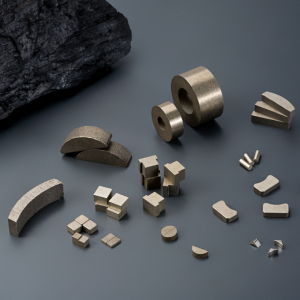
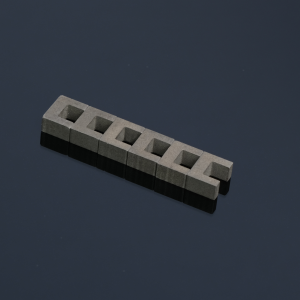
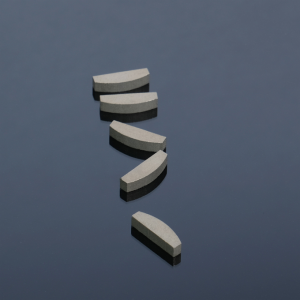
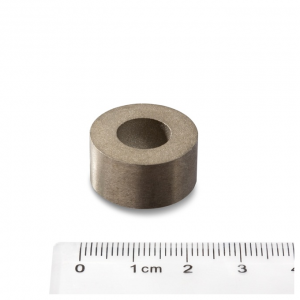
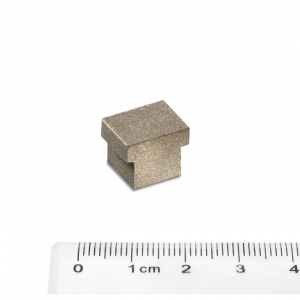
![ZR6EHG$TY)){W5K7C]L$E$P](https://www.aicmag.com/uploads/ZR6EHGTYW5K7CLEP.png)
